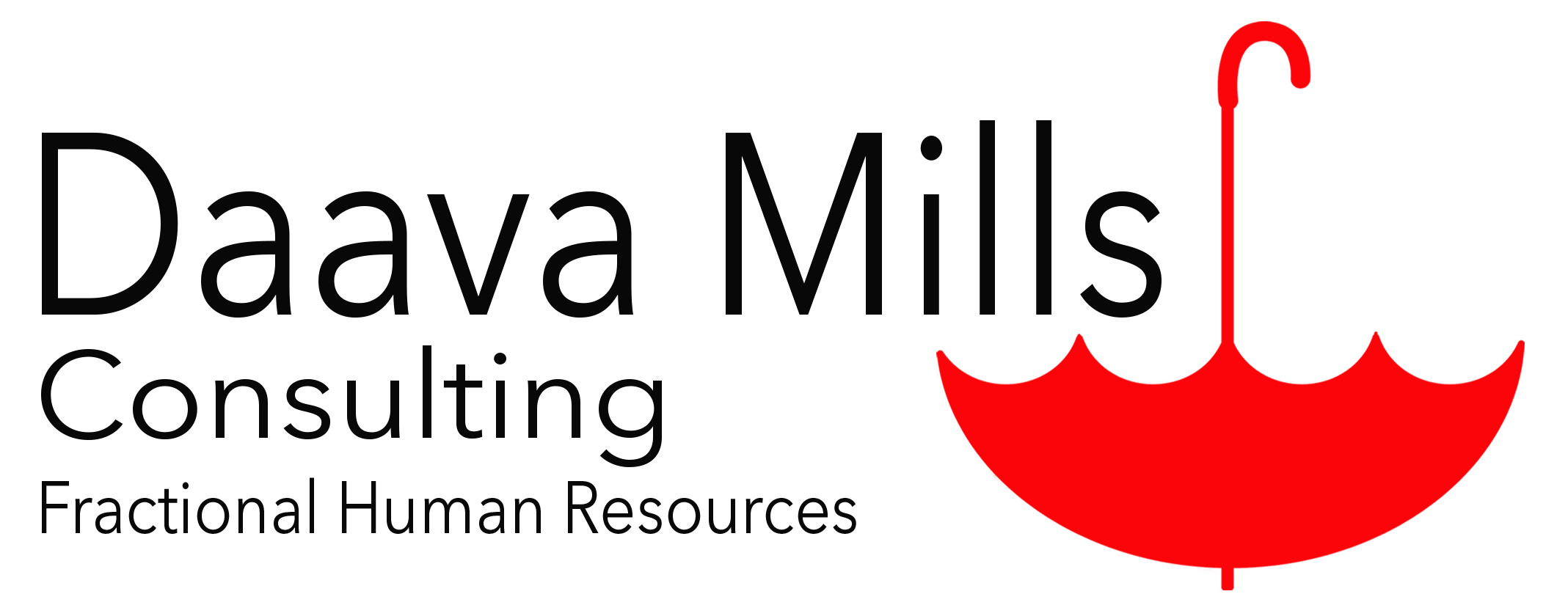When hiring takes you out of your comfort zone…
Once upon a time, I got what I thought was a crazy voicemail from a person saying they were a relay operator, and a very feminine voice said “Hi, this is Carl.” (Not his real name, but he’ll probably find this blog post and know it’s him.) The story ends with me hiring Carl, and three of his friends. But first, let’s talk about the process.
When I got the voicemail, I was taken aback. Who was so lazy they hired a service to send me a voicemail? I mean, seriously. I dutifully called the number back, ready to give the person a piece of my mind, and another operator answered and said, “this service is being provided for a person who is deaf or hard of hearing.” My interest was piqued. I knew enough about speaking with someone who was deaf in person, but over the phone? This was new to me. The conversation through the relay went well enough, except for the relay operator kept telling me to slow down. I talk really fast when I am excited, and seriously, I was excited. Carl had great experience.
He came in for an interview, and he was hired. And then he recommended a friend, who was hired, who recommended a friend, etc. We eventually had 4 deaf team members in this particular department.
I was working for a branch of a large corporation that had 70% non-native English speakers. I knew a smattering of Russian and Spanish as a result. But I was new to the world of ADA-type accommodation, so I did what any HR person does, I consulted http://askjan.org. What is that you ask? It’s the job accommodation network. My options they listed were overwhelming, to say the least. And most didn’t quite reflect our particular environment.
So, I sought help. In all I consulted with:
A state agency
A private consultant
A school for the deaf
And my new employees
Beyond providing interpreters for company meetings, and providing each of them with a BlackBerry, back only when managers had such devices, no one really had any advice beyond what we were doing. So, we just dealt with each obstacle as they appeared, and there weren’t many, besides an occasional interpreter getting lost before a company meeting and coming in late.
One thing I learned was that interpreters don’t often have a grasp on company acronyms when they come flying about in meetings. They often will skip over what is being said, so context is lost. I was lucky though, my guys told me when an interpreter sucked, and who to ask back because they were good.
My advice for accommodating individuals who need interpreters of any sort, not just sign-language, is to send a crib sheet a couple days ahead of time with necessary information that may be spoken about. Make sure company culture and acronyms are spelled out. That way the interpreter has a better grasp on information that may be spoken, and they aren’t just on-the-fly interpreting.
Second piece of advice: Keep the lines of communication open at all times. Request feedback, constantly.
When I left the company, this department was almost maxing out their monthly bonuses.
Wanna know something super cool? Carl is fluent in Spanish as well. When we placed a Spanish speaking team in the field, guess who ran lead on translating. Yep, Carl.
The power of diversity and accommodation can be surprising. My challenge for you is to get past one assumption and take a calculated move on hiring a person that takes you outside your comfort zone. Then watch the results. I bet you’ll be glad you did.
Also, I highly recommend watching this video. Can you guess which deer I am?
